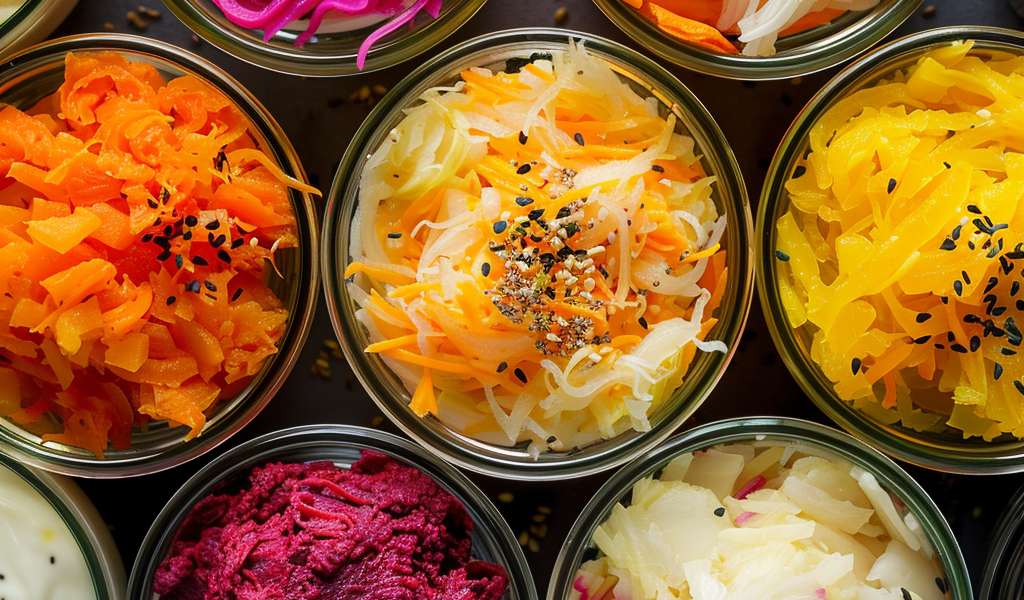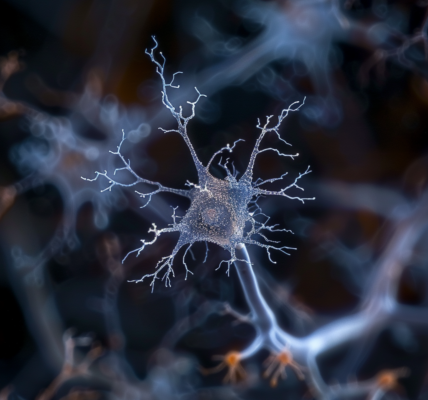What Science Really Says About Building a Healthier Gut
When it comes to your gut, there’s a whole world of tiny living things at play. These 400 to 500 different species of microbes play a crucial role in various aspects of your health, from your immune system to your mood. Understanding how to support your microbiome can lead to feeling better and living better, and science is here to guide the way.
Protecting Your Gut
Microbes, mainly bacteria in the colon, play a vital role in digesting what our bodies can’t handle. They produce by-products, some of which can be beneficial like vitamins B and K, while others may lead to digestive issues. An imbalance in the microbial mix has been linked to common digestive ailments, Crohn’s disease, and ulcerative colitis.
Stabilizing Your Mood
The gut is filled with nerves that communicate with the brain through the “gut-brain axis.” This means that the signals from your gut can influence your mood, and in turn, gut microbes can trigger feel-good signals to the brain.
Boosting Your Immune System
Compounds produced by GI-tract microbes, such as short-chain fatty acids, play a role in maintaining the layers of tissue and mucus that protect against infections. Additionally, the interaction between your immune system and gut microbes helps in learning how to respond to disease-producing invaders in the body. Beneficial microbes may also help in reducing the inflammatory response linked to many diseases.
Feeding Your Gut Microbes
While your personal microbial mix is influenced by factors like genetics and birth circumstances, your diet also plays a significant role in shaping how the microbes behave. Including more fermented foods like yogurt, sauerkraut, and kimchi, which contain living microbes (probiotics), can provide multiple benefits. These foods not only offer the bacteria themselves but also the healthy by-products they produce, contributing to a healthier gut.





